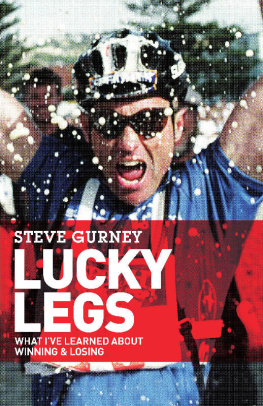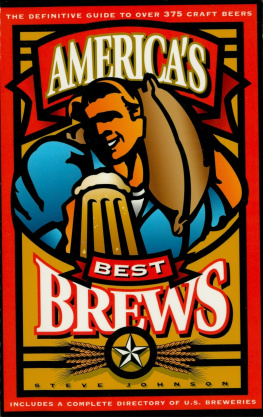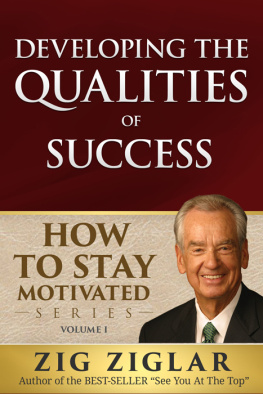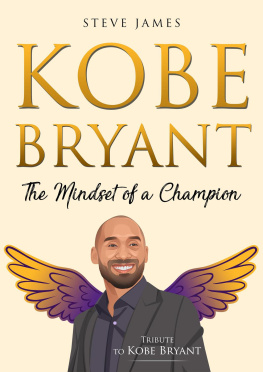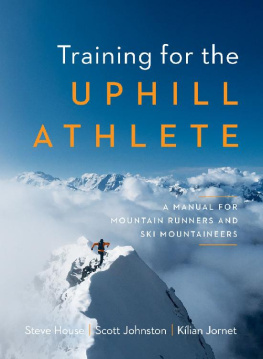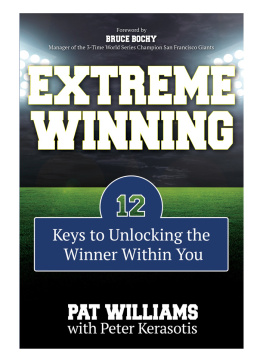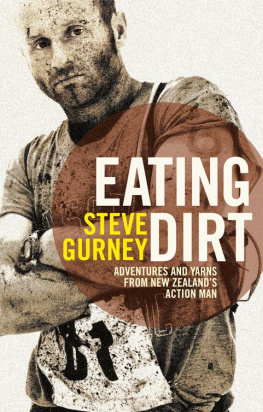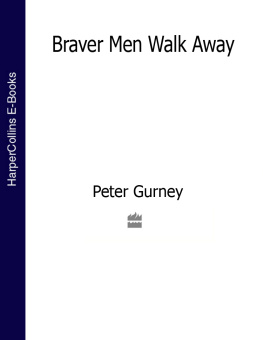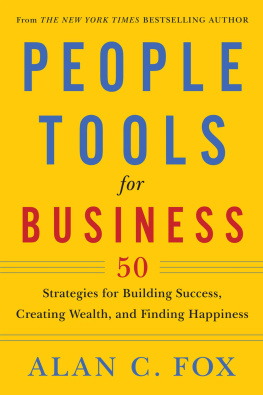I ve long resisted requests to write an autobiography. At first I used to say I was too busy making the action to stop and write about it. Besides, I was on the public-speaking circuit most people would have heard it all before. Later I decided it would be too arrogant to write about myself anyway.
Then something happened to change my mind. After being forced to retire in 2005 with badly torn ankle cartilage, I became seriously depressed about not being able to race anymore. What followed was two years of a new kind of adventure, one that was far more frightening than anything I had encountered before. I found that the only way out of those deep, dark depths was to force myself to dig even deeper and find out why winning was so important to me.
Looking back, I realised this was a significant time in my life. It got pretty ugly down there. I was horrified to find my ego had affected me so much that I had become arrogant about my racing. After two scary but stimulating years, I eventually found the answer to the question most people ask me: What drove you to do 19 Coast to Coast races in a row, and how did you win nine?
The answer is somewhat different to what I thought it might be, and my search led me into far deeper levels of self-analysis than Id ever gone before. This is what has inspired me to write about what I found. It is an answer that might help others who are driven in the same way that I am to help them to understand who they are, to have courage, to motivate themselves to achieve their goals, and to be themselves, for themselves.
Another reason I was initially reluctant to write a book was because I was afraid I would look back years later and cringe at what I had written, realising that the opinions I had naively shared had since changed. But then I managed to reframe that fear and understand that this would be a good problem to have! It would mean that I had grown, that I had accepted change. Its also a risk Im now prepared to take because I have found that half the problems Ive had in my life could have been avoided if Id heard more honest stories about other people if I had been able to see who people really are. When we dont know the whole picture we tend to make up stories and imagine the worst. Conversely, if I had been more honest and transparent myself, I would also have had fewer stuff-ups.
So this book is a collection of stories some funny, some serious about what I did to win races and what it was like inside myself. Some are about the experiments I have tried with training, and with the power of mind over matter. There are the failures as well as the successes, because yes, Ive made lots of mistakes even had a very close call with death. Risk is something that is central to my experiences, too. Risk is a part of everyones life, accept it or not. I take a good square look at risk, and explain how I see it as an opportunity rather than something to fear.
Theres a bit of dirt places where Ive called a spade a spade. Digging through some of the traditional politeness and social norms we all get brainwashed with, there are some stories about basic bodily functions. So if youre a bit squeamish or sensitive you might want to avert your eyes from those bits.
B ecause of my achievements people sometimes call me a legend, and theyll say something like, Gee, I could never do what you did nine Coast to Coast wins, those month-long races the length of New Zealand, the World Mountain Bike Champs. And theyll ask about the adventure racing, and what its like to have to deal with sleep deprivation and altitude sickness, or racing in far-flung countries, through jungles, up mountains and across deserts.
But all it really takes to do these things is determination and courage, which anyone can manage. Most people dont realise that it took me five attempts before I won the Coast to Coast race, despite having grand delusions that I could win it first time round. You see, Im definitely not physically talented or gifted as an athlete. Im 5 foot 7 172 centimetres. A short-arse. Im a muscular gnome, a bow-legged biomechanical nightmare my podiatrist Bruce Baxter told me so. Seriously, I look like I have just jumped off a horse.
You should see me running I get all sorts of jokes. Jim Cotter, who competed against me in several Coast to Coast races, used to say, Hey Gurney, when are you going to grow calf muscles? Then theres the one about my lucky legs Theyre so scrawny, youre lucky they dont snap off and poke up your bum!
When people meet me for the first time theyll often say, Youre shorter than I thought youd be. You look bigger on TV. That provides a good slap on the ego. The first couple of times people greeted me in this manner I got a wee bit hurt. I have never had a very high self-esteem, so I just took it on board along with all those other self-doubt things and accepted it as part of my lot. Then after a while I sort of clicked and realised that I had won many races with the body I was born with. There are lots of physically gifted multisport athletes who theoretically could have kicked my butt to Uranus and back. But more than 50 per cent of winning is psychology. It depends how much you want to win.
I was so determined to win that it led me to apply myself to a greater degree than my competition did. I searched all avenues for an advantage, learnt new techniques, trained harder and more thoroughly, invented new equipment and cunningly outmanoeuvred the competition on race day. These are all techniques that anyone can use.
I accept the fact that mine is not the ideal physique, and I now realise I have more mental determination and have put in more training than most people who are more gifted physically. So I turn the coin over its a compliment that these people are paying me. I now take pride in the fact that I am a bit different, and this seems to be a thread that runs through me. Ever since I was a couple of years old I have been a little mischievous. I like to surprise people and I like to be different, and I guess that is what I am all about.
In his book The Seven Habits of Highly Effective People, Stephen Covey asserts, that which is most personal is also most universal. I have started putting this idea into practice in my life by sharing my personal experiences. I find this leads other people to share at a more personal level, and in doing so we connect and find ways to be better people and align with our true selves. It is what inspires me to write. It aligns with my desire to make a small difference, and to leave this place a little better for my having been here.
Courage to you all!
I was the bullrush runt, always last to be picked. Remember playing bullrush at school? The worlds gone mad now and its banned, but at lunchtimes wed all gather around to pick teams. I was always the last kid to get picked. At primary school, I was always last in the 100 metre and 400 metre sprints. In the high jump and long jump, I was always last. In swimming, I was last again. In fact, I dreaded the swimming sports season. Swimming was a type of torture to me. I had nightmares about drowning. Playing our national sport of rugby, I was always shoved out to play wing because out there, at primary school level at least, there was less chance of me getting my hands on the ball. I was a reject.
My mates frequently liked to have running races after school. I lived on a hill in Howick and theyd race about 80 metres between my letterbox and my friends place up the road. I trailed so far behind that eventually I learned to just sit in the gutter and wait it out.
My belief that I was never going to be an athlete was confirmed by my grandmother. She encouraged me to study hard, because I surely wasnt going to make a career out of anything physical. The way she said it the tone of voice or something wounded me deep inside. I got the message pretty clearly.

